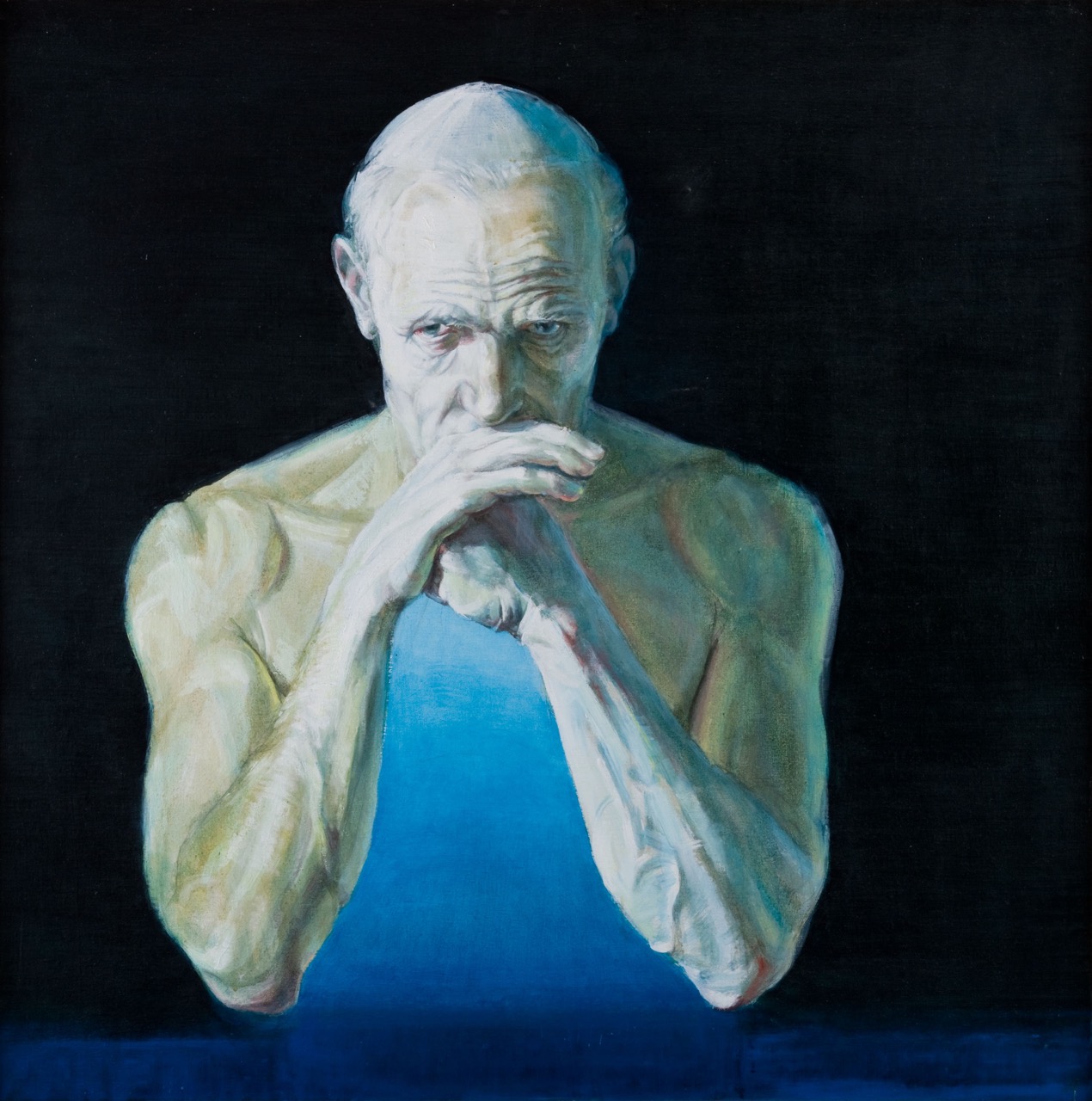Leszek Sobocki (born 1934) is a Polish contemporary painter, graphic artist, as well as essayist and poet. He studied at the Faculty of Propaganda Graphics in Katowice, at the Faculty of Painting of the Academy of Fine Arts in Kraków and at the Film and TV Direction Department of the Lodz Film School. In the mid-1960s, he co-founded the "Wprost" group, whose main goal was to demonstrate and comment on the reality of the Polish People's Republic. Many of his works from that period, such as "Idol" and “Traktorzystka” (The Tractor Girl), constitute a critique of the socialist system of that time. The works are full of apt reflection on politics, history and repression. They express opposition to human enslavement in the communist system. In his works, however, the artist skillfully concealed their true meaning, somehow encrypted it to protect against censorship. Thanks to this, the artist was able to create and show his works to the public. In the 1970s, however, he fell victim to censorship, and the presence of his works on the market became limited. That was the period when the work “Polak” ("A Pole") was created. After the fall of communism, Sobocki continued to be politically involved, commented on reality, and fought for the right to free expression. The artist participated in about 200 collective exhibitions in Poland and abroad, his works have been awarded many times, they are in various collections, incl. Moderna Kunst Museet in Stockholm, Graphische Sammlung Albertina in Vienna and many Polish institutions.
